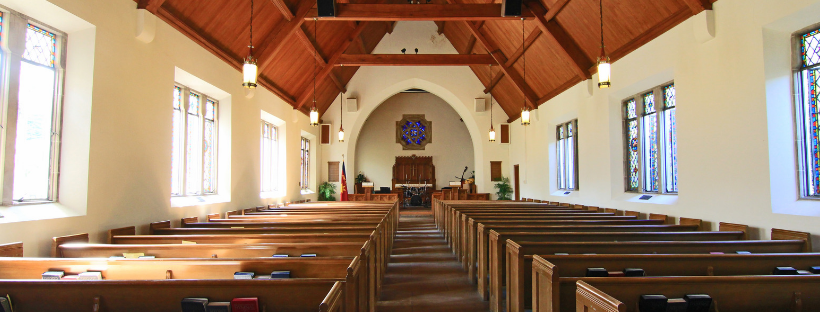Communion Shows Us What Worship Really Means
 OK, I admit I am mentally challenged and stretched every time I listen to or read anything by Ravi Zacharias. I am half-way through his book, Jesus Among Other Gods, and yet again, I find myself reading and re-reading certain paragraphs and sections in order to try to grasp the full meaning of his words. Nonetheless, this book is a powerful thesis on the supremacy of Christ and Christianity — and almost every page jumps out at me with fresh and provocative thoughts.
OK, I admit I am mentally challenged and stretched every time I listen to or read anything by Ravi Zacharias. I am half-way through his book, Jesus Among Other Gods, and yet again, I find myself reading and re-reading certain paragraphs and sections in order to try to grasp the full meaning of his words. Nonetheless, this book is a powerful thesis on the supremacy of Christ and Christianity — and almost every page jumps out at me with fresh and provocative thoughts.
Below is a quote from pp. 99-100. Here Dr. Zacharias teaches a perspective on worship that I haven’t thought of or seen before. Notice the relevant and irrelevant “reversals” that he says are often involved in true worship…
“Food and health may be a relevant branch to which we hold. But the trunk that is rooted in the sacred call of God to worship is based on a reversal of that relevance. It is not that God needs to be relevant to us. It is the very counterperspective of God that beckons us to become relevant to Him. What do I mean?
In his book The Integrity of Worship, Paul Waitman Hoon includes a chapter called ‘The Irrelevance of Worship.’ His whole point is summarized in one paragraph in which he reminds us that the experience of worship can sometimes call us to look beyond our need to what God is calling us toward:
How often have we craved light on our life in the world, only to be summoned to ponder our destiny in eternity. How often have we been preoccupied with the church local, and instead found our vision turned on the Church triumphant and universal. And how often have we asked that worship bless our souls with peace, only to hear the lesson for the day calling us to a holy warfare. How often have we desired strength to overcome the world, only to learn that we are to be stoned and sawn asunder in the world. How often have we sought comfort to our sorrows, and instead found the sorrows of the world added to our own. Such reversals may be strange to men. But only such contradiction answers to realities both relevant and irrelevant that are at the heart of the Church’s worship.
This was the reversal the disciples did not expect. They came to Jesus asking for the abundance of bread so their stomachs could be full. They discovered that there was bread of a different kind broken for them because of a deeper emptiness than they had imagined. They brought their lunch at a nearby restaurant. But they were being invited to a different table. With their purchase, they would soon be hungry again. Jesus was offering them eternal fulfillment with moment-by-moment freshness. That is why the task of the Church is not so much to make God relevant to the people as much as it is to make people relevant to God.
There is a magnificent woodcarving in Worms, Germany, called ‘The Altar of Blood.’ It is a depiction of the Lord breaking the bread for the disciples. I stared at that masterpiece, which took years of a craftman’s life to complete, and found it beyond my capability to describe. It is the heart of what God calls us to. It is in that exchange that He sobers the mind, quiets the heart, and bridges every barrier.”
–excerpt from Jesus Among Other Gods by Ravi Zacharias (Thomas Nelson, 2000)





Leave a Reply
You must be logged in to post a comment.